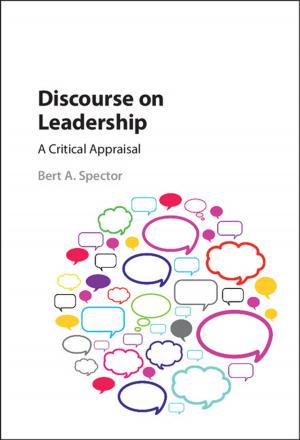Memory in Vergil's Aeneid
Creating the Past
Nonfiction, History, Ancient History, Fiction & Literature, Literary Theory & Criticism| Author: | Aaron M. Seider | ISBN: | 9781107289758 |
| Publisher: | Cambridge University Press | Publication: | September 12, 2013 |
| Imprint: | Cambridge University Press | Language: | English |
| Author: | Aaron M. Seider |
| ISBN: | 9781107289758 |
| Publisher: | Cambridge University Press |
| Publication: | September 12, 2013 |
| Imprint: | Cambridge University Press |
| Language: | English |
Tracing the path from Troy's destruction to Rome's foundation, the Aeneid explores the transition between past and future. As the Trojans struggle to found a new city and the narrator sings of his audience's often-painful history, memory becomes intertwined with a crucial leitmotif: the challenge of being part of a group that survives violence and destruction only to face the daunting task of remembering what was lost. This book offers a new reading of the Aeneid that engages with critical work on memory and questions the prevailing view that Aeneas must forget his disastrous history in order to escape from a cycle of loss. Considering crucial scenes such as Aeneas' reconstruction of Celaeno's prophecy and his slaying of Turnus, this book demonstrates that memory in the Aeneid is a reconstructive and dynamic process, one that offers a social and narrative mechanism for integrating a traumatic past with an uncertain future.
Tracing the path from Troy's destruction to Rome's foundation, the Aeneid explores the transition between past and future. As the Trojans struggle to found a new city and the narrator sings of his audience's often-painful history, memory becomes intertwined with a crucial leitmotif: the challenge of being part of a group that survives violence and destruction only to face the daunting task of remembering what was lost. This book offers a new reading of the Aeneid that engages with critical work on memory and questions the prevailing view that Aeneas must forget his disastrous history in order to escape from a cycle of loss. Considering crucial scenes such as Aeneas' reconstruction of Celaeno's prophecy and his slaying of Turnus, this book demonstrates that memory in the Aeneid is a reconstructive and dynamic process, one that offers a social and narrative mechanism for integrating a traumatic past with an uncertain future.















